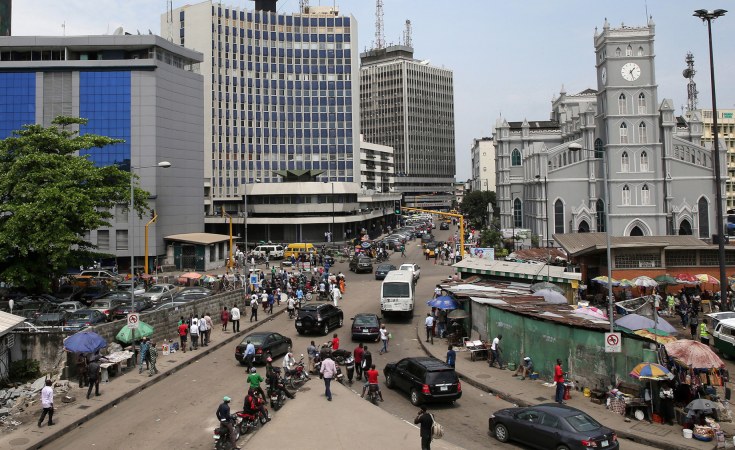
Nigerian Presidency Clashes with AfDB’s Adesina Over “1960s Wealth” Claim
The Nigerian Presidency has sharply criticized outgoing African Development Bank (AfDB) President Dr. Akinwumi Adesina for asserting that Nigerians enjoyed higher economic prosperity at independence in 1960 than today. In a rebuttal on social media platform X (formerly Twitter), Presidential Adviser Bayo Onanuga labeled the claim “misleading” and challenged its factual basis, sparking a heated debate over Nigeria’s economic trajectory.
The GDP Debate: 1,847vs.1,847vs.93 Per Capita
Adesina had cited Nigeria’s GDP per capita decline from 1,847in1960∗∗to∗∗1,847in1960∗∗to∗∗824 in 2024 as evidence of regression. However, Onanuga countered with historical data:
- 1960 GDP: 4.2billionfor44.9millionpeople→∗∗4.2billionfor44.9millionpeople→∗∗93 per capita** (not $1,847).
- Post-Independence Growth: Economic expansion surged in the 1970s with oil revenues, peaking at $3,200 per capita in 2014 after GDP rebasing.
“No objective observer can claim Nigeria has not progressed since 1960. Our GDP is now at least 50 times larger,” Onanuga argued.
Beyond GDP: Measuring Nigeria’s Socioeconomic Progress
The Presidency emphasized that GDP alone fails to capture:
- Income Inequality & Wealth Distribution: Disparities persist, but access to services has expanded.
- Informal Economy: Unaccounted sectors (e.g., SMEs, agriculture) drive livelihoods.
- Quality of Life:
- Education: Schools increased from 5,000+ in 1960 to 170,000+ today.
- Healthcare: Hospitals and clinics grew tenfold.
- Telecoms: From <20,000 landlines to 84 million mobile subscribers (MTN Q1 2025).
Onanuga cited MTN’s N1 trillion revenue in 2025 as proof of Nigeria’s evolving economic dynamism.
Adesina’s Global Stature vs. “Narrow” Analysis
While acknowledging Adesina’s expertise, the Presidency criticized his focus on GDP per capita as reductive. Onanuga noted:
“GDP masks Nigeria’s informal economy and ignores advancements like universal telecom access. Comparing 1960 to 2024 is comparing bicycles to bullet trains.”
Conclusion: Progress Amid Persistent Challenges
While Nigeria grapples with inflation, inequality, and security issues, the Presidency’s rebuttal underscores undeniable advancements in infrastructure, education, and technology since 1960. As Onanuga concluded:
“Our journey isn’t flawless, but dismissing six decades of progress ignores the resilience of 200 million Nigerians.”
CTA: Stay informed on Nigeria’s economic debates! Subscribe here for expert analyses, data-driven insights, and policy updates.
Final Note:
This clash highlights a critical question: How should nations measure progress? For Nigeria, the answer lies not just in GDP but in the bridges built, schools opened, and lives transformed since independence.



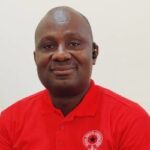

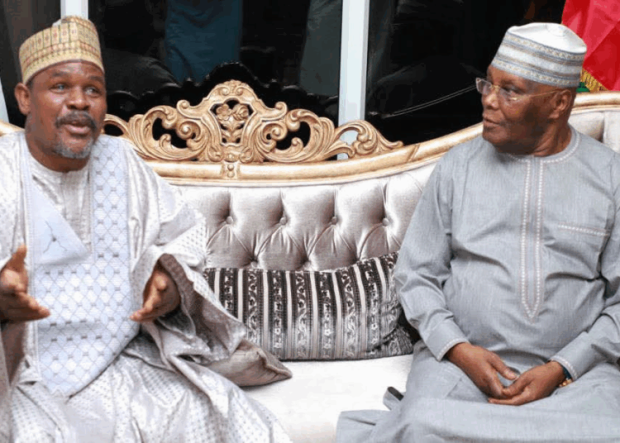
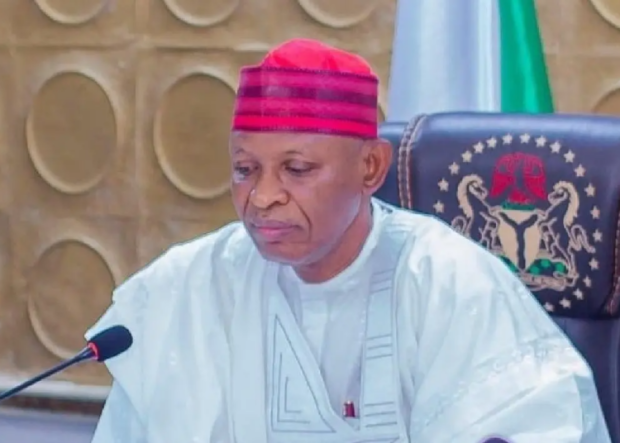


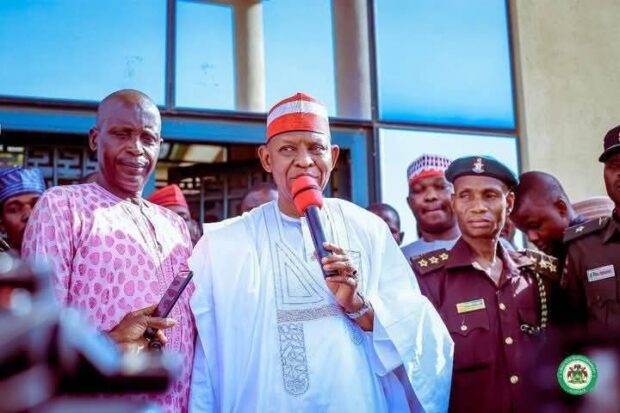
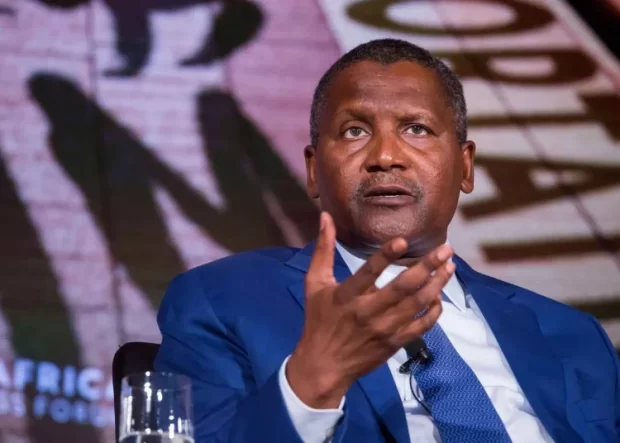
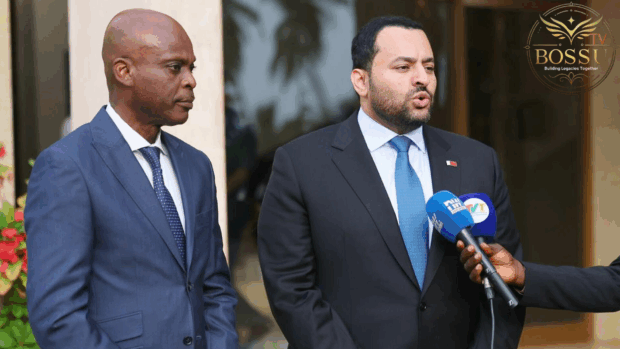

Be the first to leave a comment